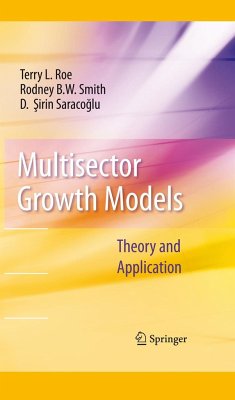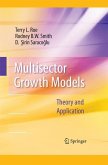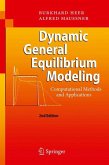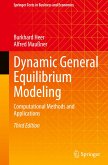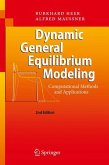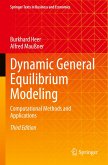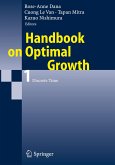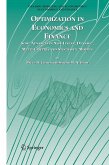The primary objective of this book is to advance the state of the art in specifying and ?tting to data structural multi-sector dynamic macroeconomic models, and empirically implementing them. The fundamental construct upon which we build is the Ramsey model. A most attractive feature of this model is the insights it provides into the dynamics of an economy in tr- sition to long-run equilibrium. With some exceptions, Ramsey models are highly aggregated - typically single sector models. However, interest often lies in understanding the forces of e- nomic growth across multiple sectors of an economy and on how policy impacts likely play out over time. Such analyses call for moredisaggregatedmodelsthatcanbe?ttocountryorregional data.Thisbookshowshowto:(i)extendthebasicmodeltom- tiple sectors, (ii) how to adapt the basic model to account for policy instruments, and (iii) ?t the model to data, and obtain equilibrium values both forward and backward in time from the data points to whichthe model is initially ?t.
From the reviews:
"The central issue of the book is transition from theoretical description of an economy to real-life applications of the theory. ... The book could serve as a textbook for advanced undergraduate students or graduate students (e.g. in an Applied General Equilibrium course) or as a companion book for any person willing to apply the theory to real-life problems." (Piotr Mackowiak, Zentralblatt MATH, Vol. 1198, 2010)
"The central issue of the book is transition from theoretical description of an economy to real-life applications of the theory. ... The book could serve as a textbook for advanced undergraduate students or graduate students (e.g. in an Applied General Equilibrium course) or as a companion book for any person willing to apply the theory to real-life problems." (Piotr Mackowiak, Zentralblatt MATH, Vol. 1198, 2010)

